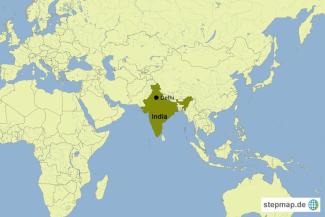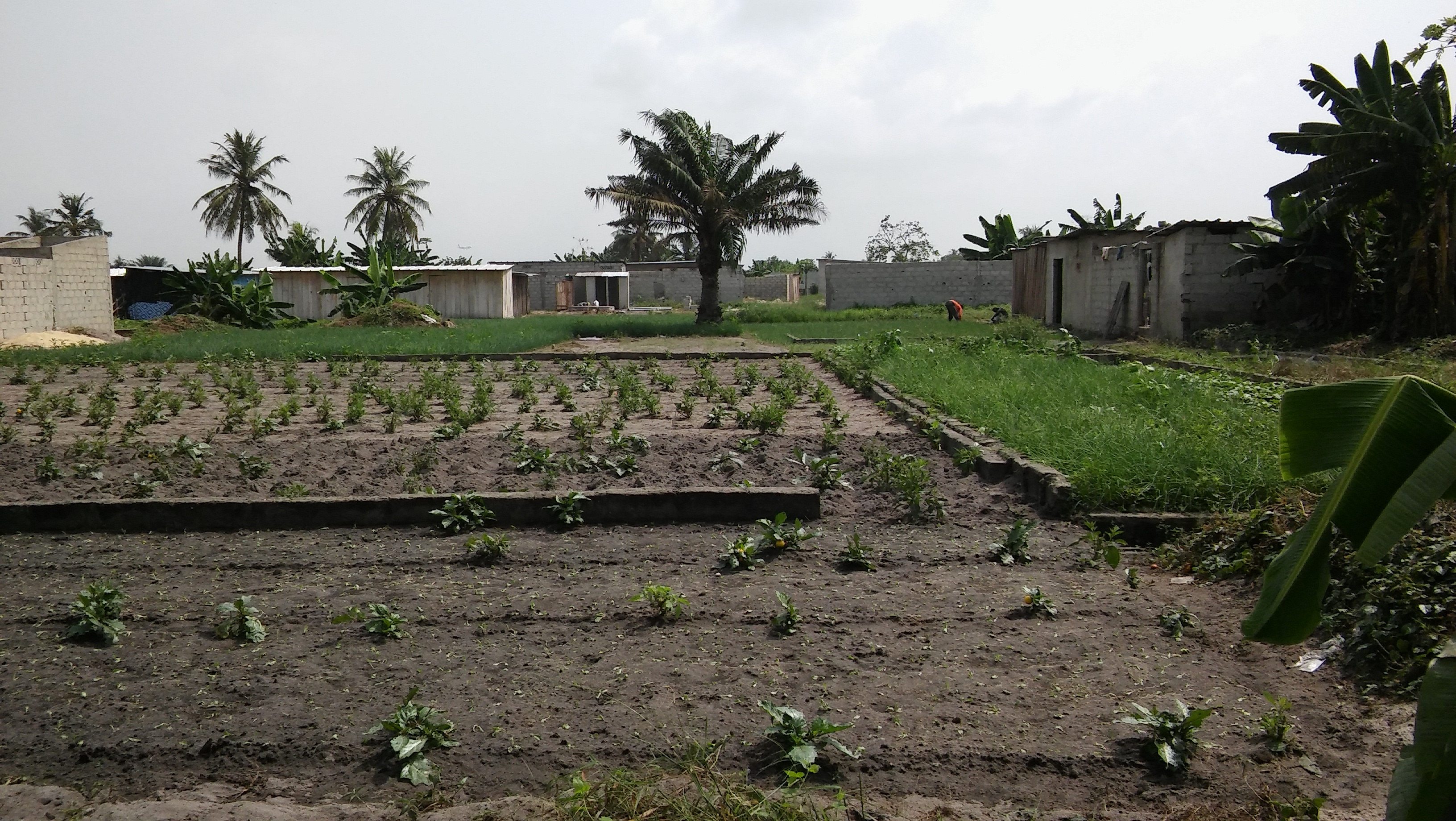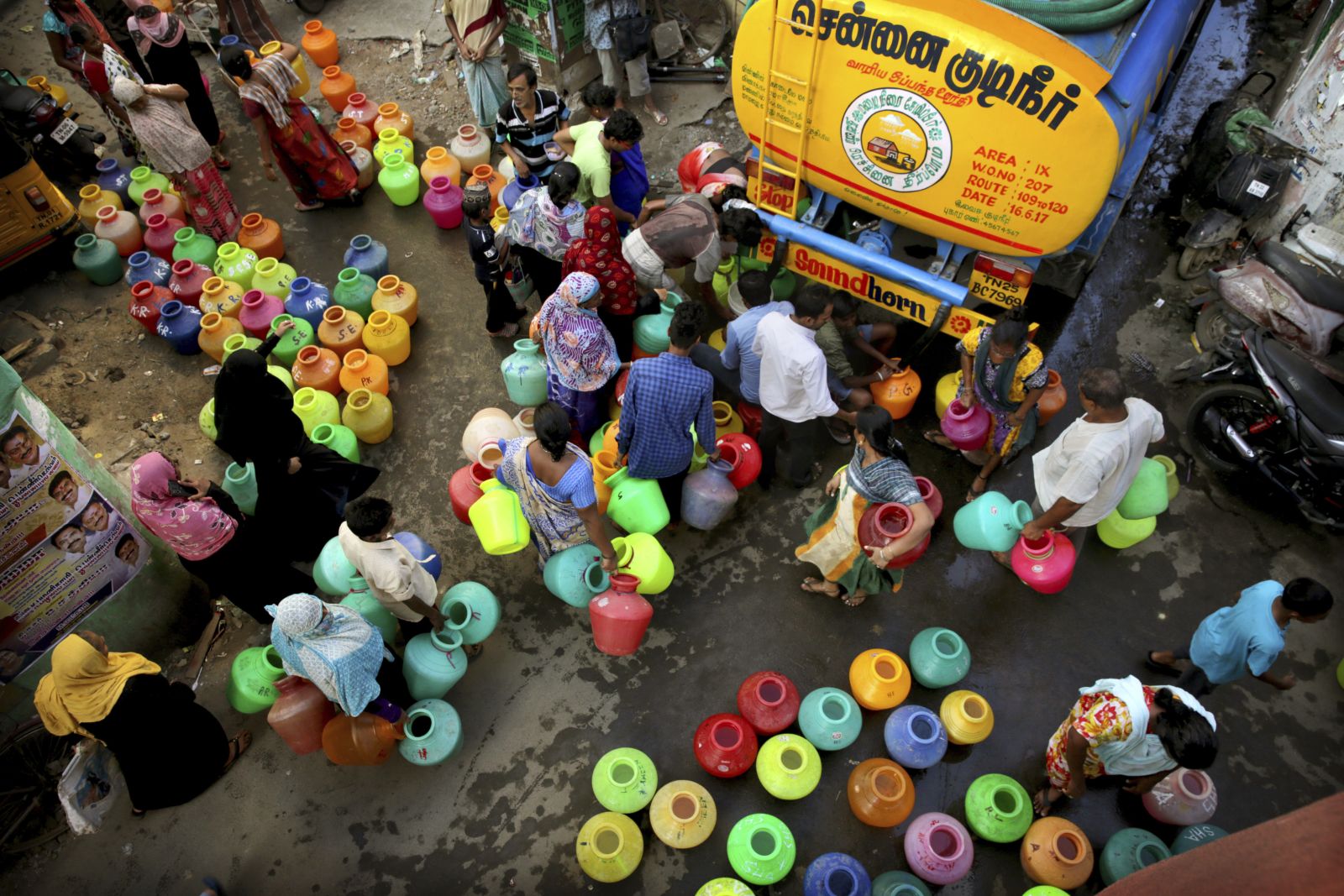Recycling
The Plastic Man

“At first sight, you might not be able to tell the difference between a road laid by using waste plastic and another made by bitumen, the black viscous mixture of hydrocarbons mostly used for road surfacing,” says I. K. Pateriya, the technical director of the National Rural Roads Development Agency. “But the new technology does have a few advantages: it helps reduce plastic solid waste, extend the lifespan of roads and save money.” Replacing bitumen with plastic waste means saving up to the equivalent of 45 US cents per kilogramme, he explains.
The technology was invented by Rajagopalan Vasudevan, the dean of Thiagarajar College of Engineering in Madurai. He is popularly known as the “Plastic Man”. Thiagarajar College holds the patent for the road-building technology.
The 70-year-old professor says that fifteen years ago, everyone was talking about the harmful effects of plastic and how it should be banned as a health hazard. He decided to start some experiments. He had already been involved in many projects related to waste management.
His experiments bore fruit. He came up with the idea of constructing roads by making plastic central to the process. He got the permission to lay the first plastic waste road on the college premises in 2002. That was the start. In the ten years since, the idea has really picked up, and India’s Central Pollution Control Board (CPCB) is now promoting the technology.
The Indian National Rural Roads Development Agency has been applying it since 2012, for instance, in the states of Tamil Nadu, Punjab and Madhya Pradesh.
Plastic Man Vasudevan points out the various advantages of plastic roads: “Using plastic for road construction helps address the problem of plastic waste as many forms of plastic cannot be recycled. On top of that, it helps to build better quality roads. The process is simple and cheap; it does not even require anything new in terms of machinery.”
Roli Mahajan is a freelance journalist and photographer. She lives in Delhi, India.
roli.mahajan@gmail.com











